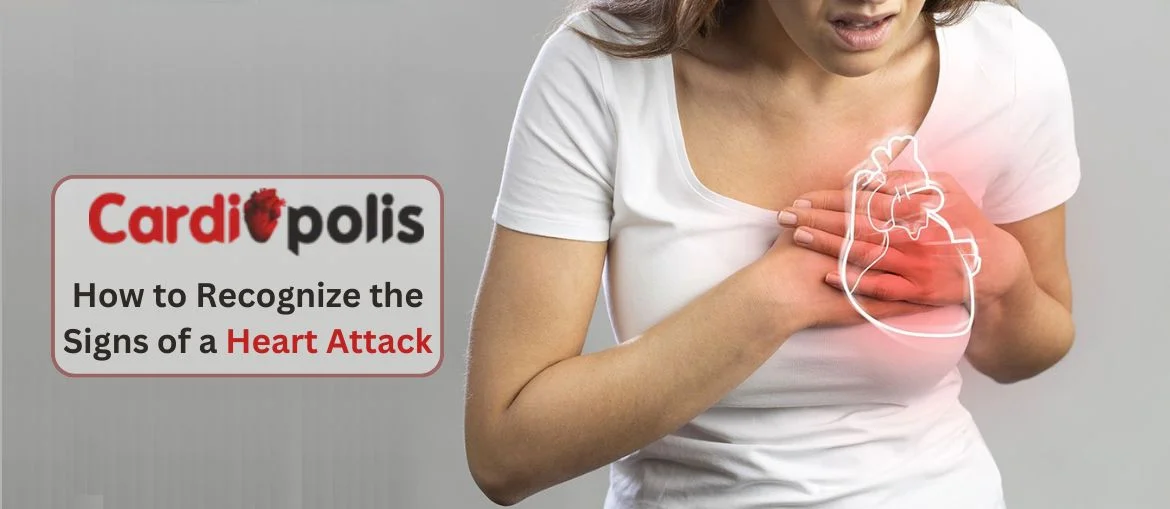A heart attack occurs when the blood flow to the heart is blocked, and it is deprived of oxygen, which leads to potential heart muscle damage. This blockage is often caused by the buildup of cholesterol, fat, and other substances, which form a plaque in the coronary arteries. When plaque ruptures, a blood clot forms, further restricting the flow of blood. When immediate action is taken upon recognizing any heart attack symptoms, it can reduce the severity of the damage and improve survival rates. When you act quickly, you can make a difference between life and death.
Why is recognizing a heart attack in its early stage important?
Many people delay for a long time to seek help because they assume that all the symptoms are due to stress, minor ailments, or indigestion. But it’s important to know that a heart attack can escalate rapidly, which means it can lead to permanent heart damage or even death when not treated properly. The first hour, which is known as the golden hour, is very important for all types of medical intervention. The sooner the treatment begins, the higher the survival chances are. However, if there are delayed responses, then it can lead to serious complications such as heart failure or even sudden cardiac arrest. When you recognize signs early, you can act quickly by calling emergency services and receiving timely medical care. That is why it is very important to have awareness and education about heart attack symptoms.
Common signs and symptoms of a heart attack
What we see in movies is that there is sudden and severe chest pain, and that is when you know you have a heart attack. But in reality, the symptoms can be mild at first and can gradually worsen with time.
The most common symptom of a heart attack is chest discomfort or what we call a feeling of pressure, squeezing, or pain in the center or on the left side of the chest. This can last for several minutes or come and go. Sometimes, a heart attack occurs without this significant chest pain. Other symptoms include shortness of breath, cold sweats, nausea, dizziness, pain that spreads to the arms, back, or neck, and fatigue.
Shortness of breath/difficulty breathing
One of the most important warning signs of a heart attack is shortness of breath. This can occur with or without chest pain, and in this condition, you feel an inability to catch your breath, even while at rest. This situation feels like a sensation of tightness in the chest. Shortness of breath is particularly common in older adults and women. In some cases, it is also noticed that this breathlessness comes days or even weeks before a heart attack occurs. In addition to that, this symptom is often accompanied by dizziness and chest pain. So if you find it difficult to breathe, this is the time to get emergency medical attention.
What to do if you think you suspect a heart attack?
- Do not attempt to drive yourself to the hospital if you think you are having any of the symptoms.
- Make sure that you do not move a lot, as it can put a strain on your heart.
- If there is a person who you think is having a heart attack and has lost consciousness and stopped breathing, then you should perform CPR immediately.
It’s very important to recognize the early signs and act fast. If you really want to save lives, even if it’s your own, never ignore any of these symptoms as it’s about life.

Comments are closed